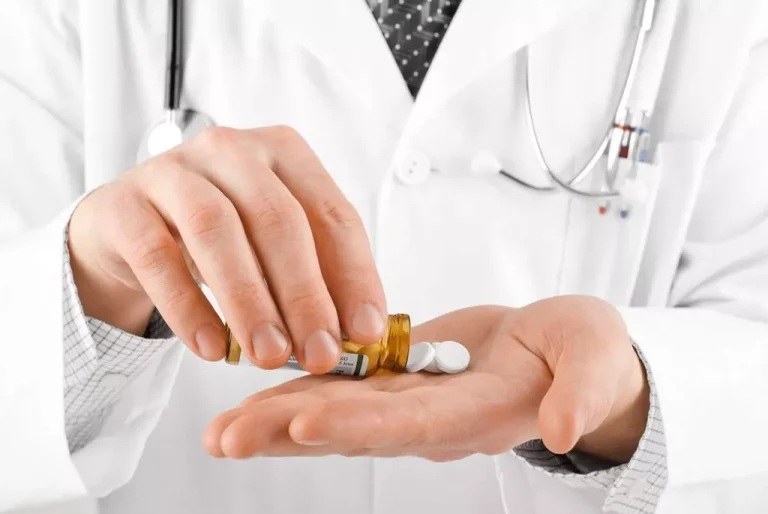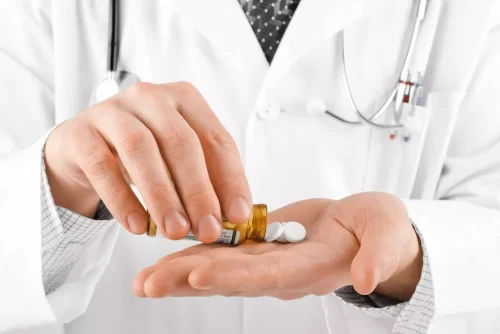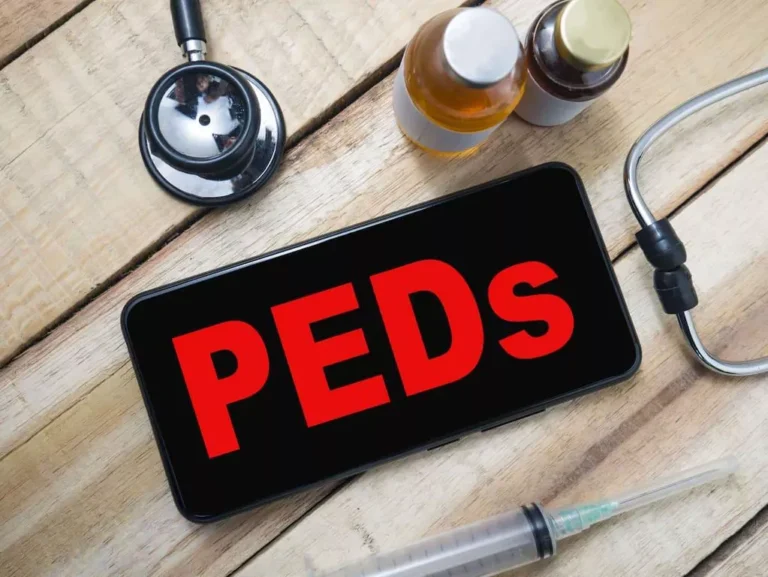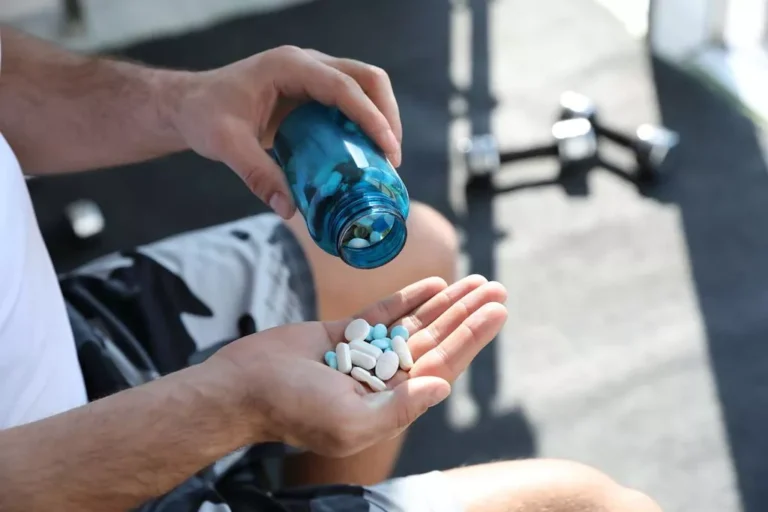
Let’s say you drink a beer and martini but you don’t drink any water in between. Alcohol is a diuretic, meaning it makes you lose water through peeing, so it’s very important to drink plenty of water as well when you’re drinking alcohol. When https://ecosoberhouse.com/ dealing with stressful days or nervous situations, you may be tempted to have a glass of wine or a beer to calm your nerves.

Setting Healthy Boundaries in Relationships
Recurrent panic attacks are often triggered by a specific situation, such as crossing a bridge or speaking in public—especially if that situation has caused a panic attack before. Usually, the panic-inducing situation is one in which you feel endangered and unable to escape, triggering the body’s fight-or-flight response. Along with anxiety, alcohol may also have an association with panic attacks. A 2001 study on 14 people showed that panic disorder was related to reduced GABA in certain brain areas. But if you develop a pattern of drinking to avoid anxiety or need alcohol to feel relaxed, this can start a vicious cycle where alcohol worsens your anxiety long term. A panic attack is a sudden episode of intense fear that triggers severe physical reactions when there is no real danger or apparent cause.

Alcohol’s Effects

If you suspect that you have an alcohol use problem, effective treatments are available. Talk to your doctor about medications, therapy, and Alcoholics Anonymous support groups that can help you manage your alcohol consumption. Other researchers have proposed a genetic link influencing a person’s anxiety level and alcohol consumption. These biological theories suggest that there could be a brain mechanism that is responsible for both anxiety symptoms and drinking behaviors.
Alcohol And Panic Attacks
- Panic attacks often strike out of the blue, without any warning, and sometimes with no clear trigger.
- If, despite these efforts, you still periodically wake up after drinking with feelings of anxiety, practice mindfulness.
- Dehydration and disrupted sleep play a large part in the pounding headaches and nausea many of us know too well after a big night out.
- Older adults metabolize alcohol faster, so if you’re in this age group, limit yourself to one alcoholic beverage per day.
- For example, if a grizzly bear came after you, your body would react instinctively.
Older adults metabolize alcohol faster, so if you’re in this age group, limit yourself to one alcoholic beverage per day. Ask your doctor if moderate alcohol consumption is suitable for you. The long-term consequences of alcohol abuse can be a variety of health problems, including mental health disorders.
Hyperventilation brings on many sensations (such as lightheadedness and tightness of the chest) that occur during a panic attack. Deep breathing, on the other hand, can relieve the symptoms of panic. By learning to control your breathing, you can calm yourself down when you begin to feel anxious. And if you know how to control your breathing, you’re also less likely to create the very sensations that you’re afraid of. Nocturnal panic attacks are common in people with panic disorder, affecting more than half of all patients. Some experts theorize that these drinking and panic attacks types of panic attacks are caused by a fear of uncertainty or vulnerability.
